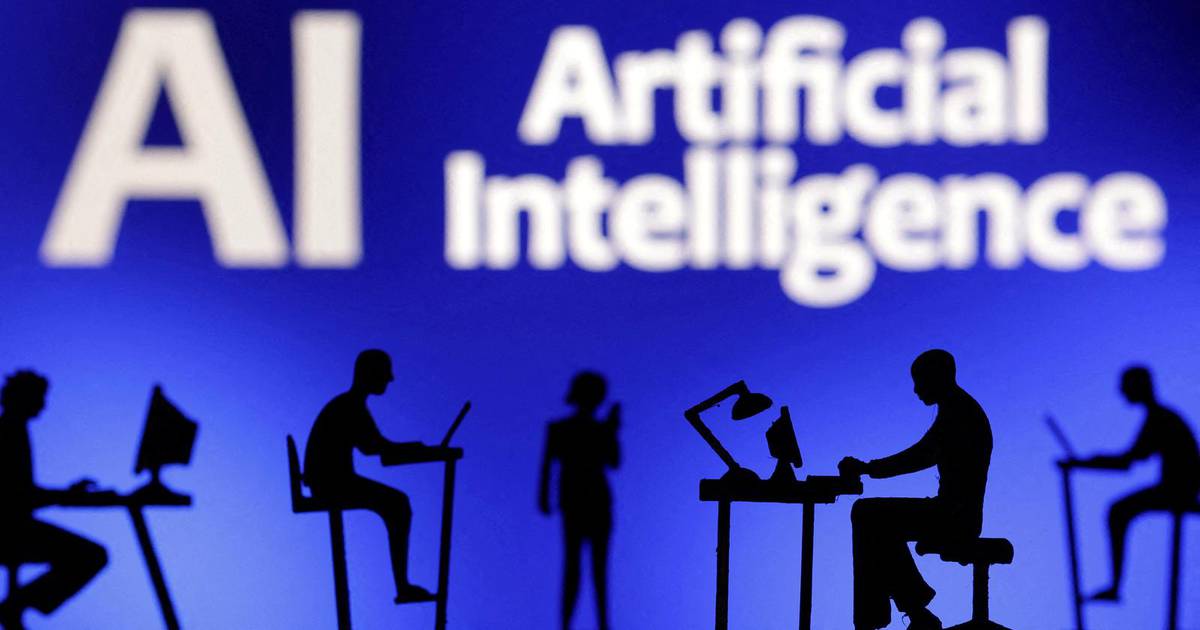The United Nations cultural organization, UNESCO, and the World Jewish Congress have issued a joint warning against the use of artificial intelligence (AI) in the distortion of history and Holocaust denial. The report emphasized that the interpretation of Holocaust history could be manipulated by AI, leading to an increase in anti-Semitism if ethical principles are not upheld globally.
Generative AI technologies like ChatGPT’s chatbot rely on internet data that may contain human bias and misinformation, potentially distorting historical events and reinforcing prejudices. Without oversight from developers, these tools can be trained on data from unreliable sources, including non-Holocaust websites, which could lead to falsification of information about the Holocaust.
Furthermore, AI can enable malicious actors to fabricate content such as witness testimonies and historical documents related to the Holocaust, creating fake photos and audio that appear convincing to young people on social media platforms. Without access to accurate data, generative AI models may invent events and historical phenomena.
UNESCO Director General Audrey Azoulay stressed the importance of applying ethical AI standards to prevent dilution or falsification of Holocaust facts. She emphasized that urgent action is needed to ensure that younger generations are exposed to facts rather than lies.



